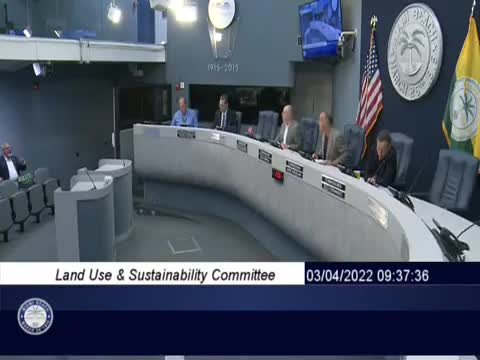Article not found
This article is no longer available. But don't worry—we've gathered other articles that discuss the same topic.
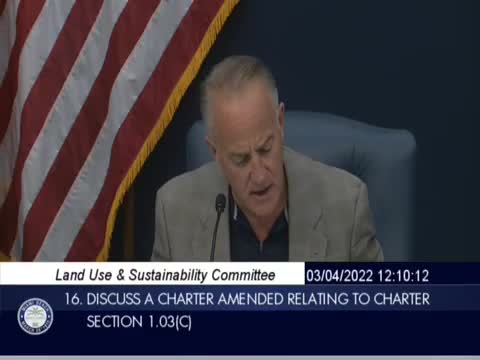
Miami Beach committee asks attorneys to study criminal penalties, orders historic‑replication rule after Deauville concerns
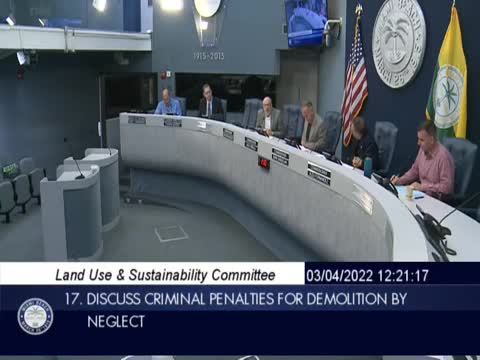
Committee asks staff to return with details on federal funding for private home elevation
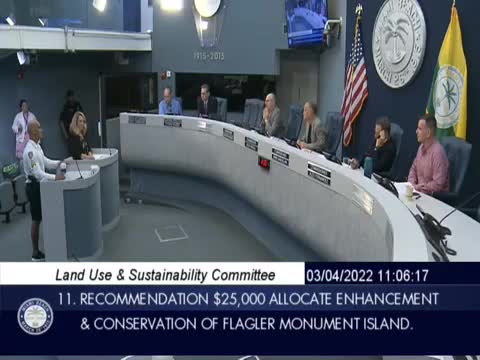
Committee endorses referral to planning board for 80‑foot office height on Washington Avenue
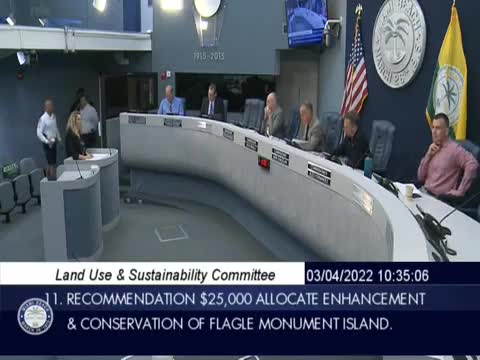
Committee backs longer study, finance referral for Monument Island cleanup and safety measures
